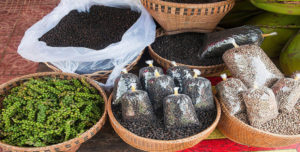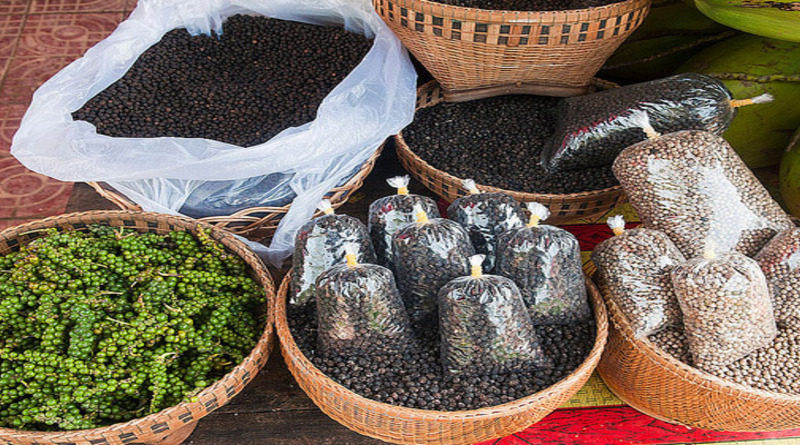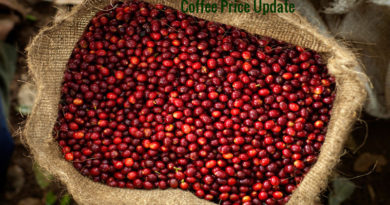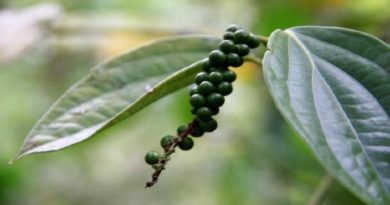Black pepper prices plunge in Cambodia and Vietnam
Accodring latest report,Pepper prices in the Cambodia’s largest pepper producing region – Kampot, have fallen over 30% in the last year due to growing international supply that is leading to higher competition in the market.
Prices have fluctuated since the harvesting season started earlier this month with pepper selling at 20,000 riel (Rs 331.12) per kilogram yesterday, up from 17,000 riel (Rs 281.46) earlier this week said report. Last year pepper was selling at prices ranging from 30,000 riel per kilogram to as high as 40,000 riel.
“Pepper prices are not stable because of the international markets where pepper cultivation is rapidly expanding, increasing the supply and making it harder to compete compared to last year”
Report said pepper cultivation is increasing in India, Sri Lanka and several other countries.
Data from the Ministry of Agriculture shows Cambodia produced a total of 11,819 tonnes of black pepper in 2016, a 20 percent year-on-year increase, with the Tboung Khmum province accounting for 8,566 tonnes of the overall harvest.
“Even if the prices are lower than last year, we are not experiencing losses at this point, only decreased profits,It is not a big concern for us because our pepper is still of a high quality compared to Vietnam, which is struggling because they rely on chemicals.” – said Hong San, president of the Dar-Memot Pepper Agricultural Development Cooperative,Tboung Khmum province
Vietnamese news outlets reported this week that pepper prices in the country were at a five-year low, currently standing at around $4.28 per kilogram. The decrease was attributed to a growing supply and stagnant demand.

Chhay Sor, a small-scale pepper farmer, explained that local pepper prices were unstable because Cambodian farmers rely on Thai and Vietnamese brokers to sell their products to the wider market.
“Pepper prices are fluctuating because it is difficult to find a market with stable demand as we rely only on neighbouring countries,” she said.
“We can survive at current prices, so I am not worried that they are not increasing.”
Source:


